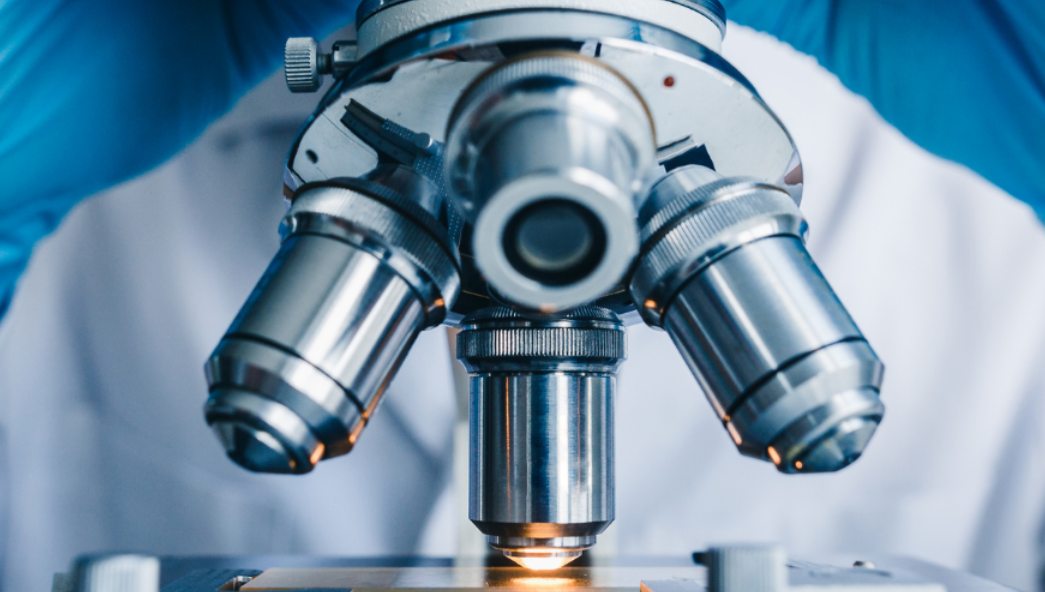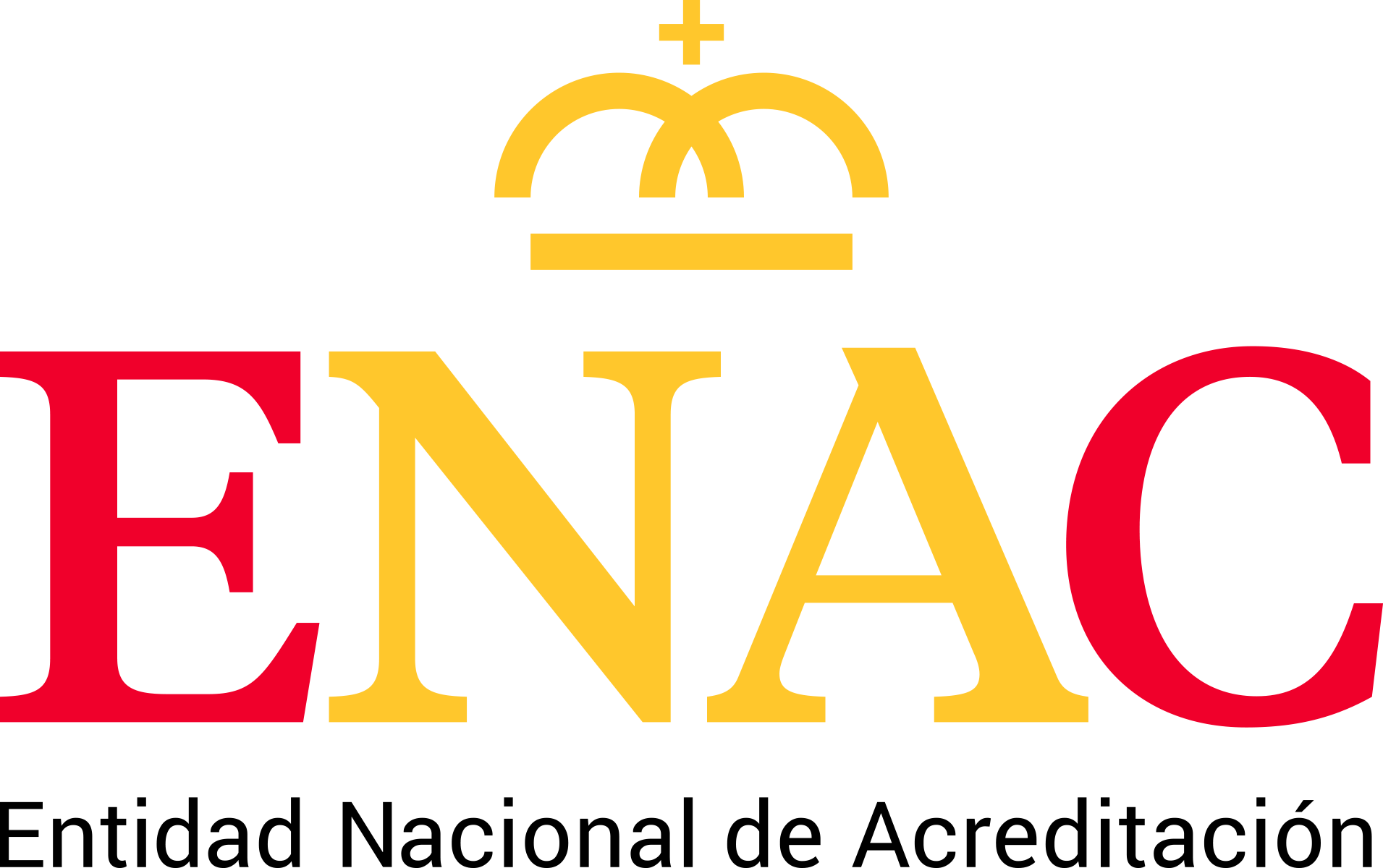+ Product and service safety
+ Legal security
+ Prestige
+ Savings and efficiency
+ Markets
+ Access to public procurement
Accreditation reduces the possibilities of producing or providing a defective item.
Accreditation is the safest parameter for selecting a reliable assessment service provider so that, in the event of legal action, trusted accredited conformity assessment bodies allow a company to demonstrate due diligence.
Accredited services provide reliability and recognised products or services, which directly impacts the company’s image and customers’ confidence.
Accredited conformity assessment services provide value in economic terms; since they reduce the possibility of the same product being submitted to redundant or repetitive assessments, with a consequent saving as product testing is costly and time-consuming, even though they performed correctly the first time.
ENAC accreditation is recognised and accepted in more than 100 countries around the world, which allows the results of accredited conformity assessment bodies to be more easily accepted by foreign markets. This acceptance, while allowing access to new business opportunities, contributes to reduced costs to manufacturers and exporters, thus reducing or eliminating the need for repeat tests in the importing country.
More information Use of accredited services is increasingly prioritised in public tender contracts around the world. In Spain, the 9/2017 Law, on 8 November, of Public Sector Contracts, prioritises accredited services as proof of conformity with the requirements or the specification criteria, the award criteria or the contract performance conditions.

